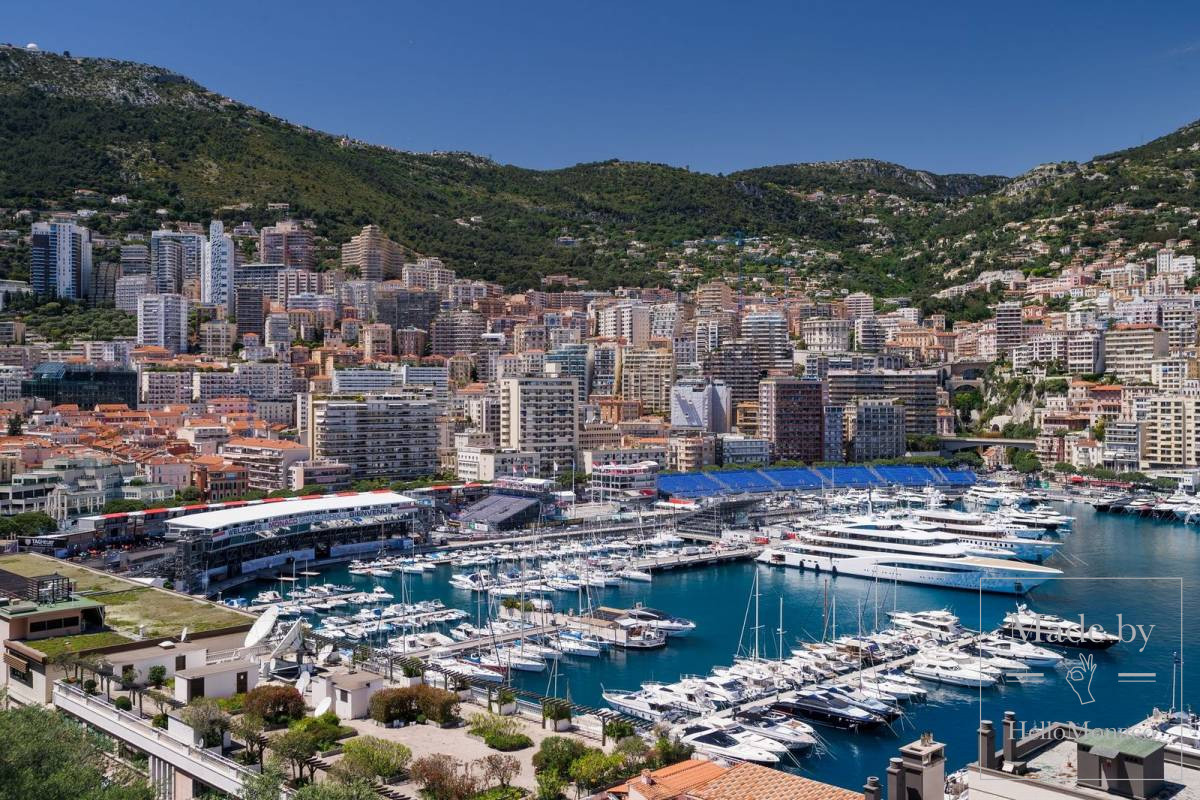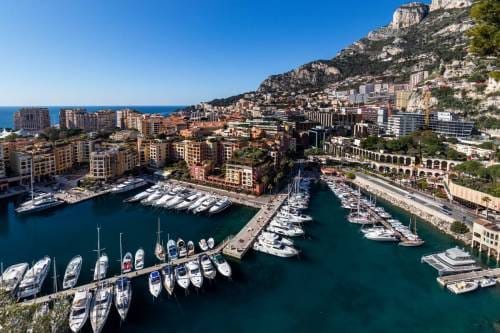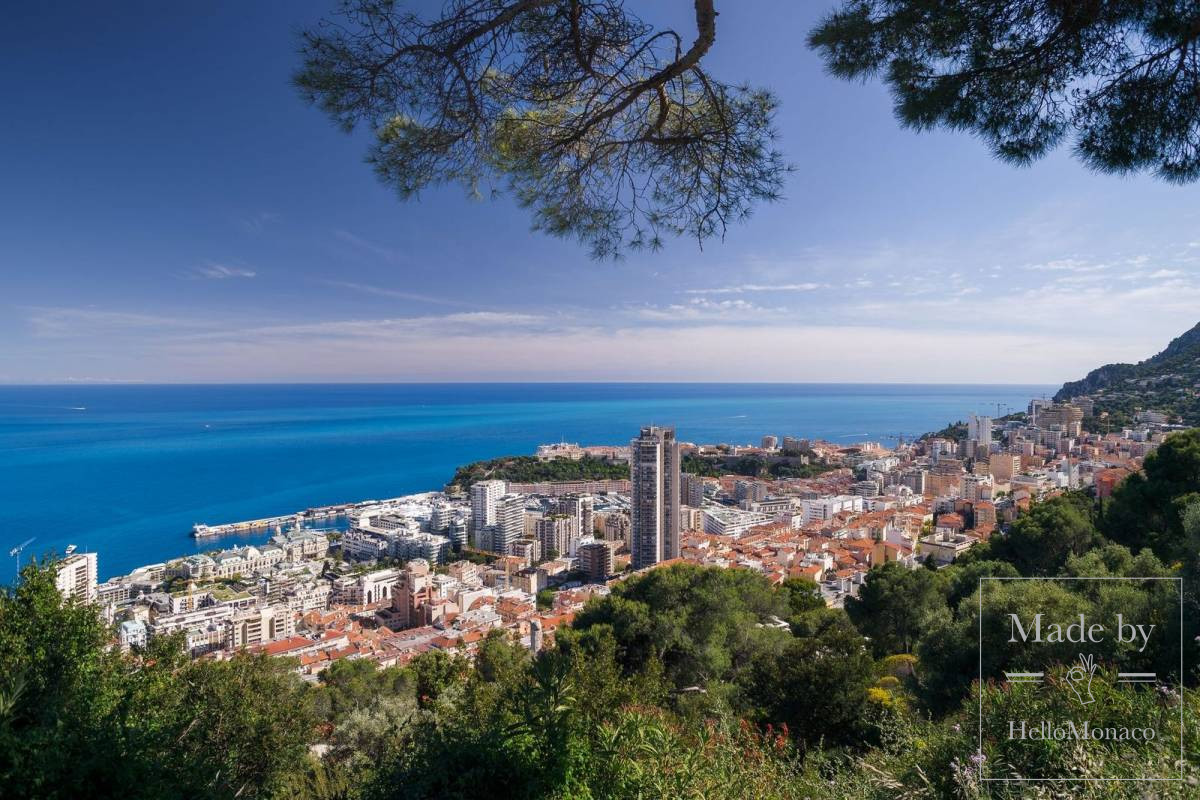Monaco’s economy experienced a challenging start to 2024, as turnover dropped by 7.4%, but the job market remained resilient, even seeing growth, particularly in the hospitality and catering industries. According to IMSEE’s latest bulletin, over 10,000 people were employed in these sectors by mid-year, and the Principality’s hotel industry showed strong performance across all key indicators.
Revenue Decline
While the turnover decline was less severe than in the first quarter (-10.3%), it still represented a significant reduction, with a drop of over 750 million euros, bringing the total turnover down to 9.4 billion euros. The contraction was largely driven by decreases in wholesale trade, scientific and technical activities, administrative services, and real estate.
Wholesale trade, a major sector, took a particularly hard hit, losing 415 million euros in turnover. Similarly, the scientific and technical sector faced a 235-million-euro decline, largely attributed to a cooling in construction economics after an unusually strong 2023. Real estate also saw a contraction, with property dealers reporting a 120-million-euro reduction in sales compared to the previous year.
However, not all sectors struggled. Sports clubs, for example, saw a notable increase in turnover, up by 50 million euros.
Tourism: A Bright Spot
The tourism sector provided a much-needed boost. Hotel statistics reflected robust growth, with more arrivals, longer stays, and an overall increase in overnight visits. Visitors from outside the European Union made up 41.4% of tourists, with Americans and Britons accounting for half of these arrivals.
On the downside, cruise ship passenger numbers plummeted by nearly a third. Despite this, helicopter traffic saw an uptick, both in terms of flights and passengers.
Job Market Resilience
Despite these mixed economic signals, employment figures provided good news. By the end of June, private sector employment was up by 3.6%, with 65,729 people employed. Every sector except industry and information/communication saw growth, with the accommodation and catering sectors leading the way, expanding by 6.4%. This sector now represents nearly 16% of all jobs in Monaco, while temporary work surged by 9.5%, making up 12.9% of the workforce.
Trade and Real Estate
Monaco’s foreign trade outside of France grew by 12%, reaching 2.1 billion euros. However, this was mainly due to rising imports, pushing the trade deficit to 891 million euros, a significant increase from the 679-million-euro deficit of last year. Italy, the UK, and Germany are the Principality’s top suppliers, while Spain nearly doubled its exports to Monaco.
In real estate, transactions slowed slightly, with 174 resales recorded in the first half compared to 206 last year, but the total amount remains high at 1.1 billion euros. New construction sales, however, dipped dramatically, with only seven properties sold compared to 19 last year, though the total value still reached 323 million euros.
Financial Sector Strength
Lastly, Monaco’s financial sector demonstrated remarkable resilience. The turnover for financial and insurance services surged by 28.9%, rising from 2.05 billion euros to 2.65 billion euros. Additionally, the total assets managed by banks increased by 11.5%, despite a 2-billion-euro disinvestment in the second quarter.
While the first half of 2024 presented some challenges for Monaco, particularly in wholesale trade and real estate, the Principality’s employment, tourism, and financial sectors showed strong resilience, helping to balance the broader economic landscape.









